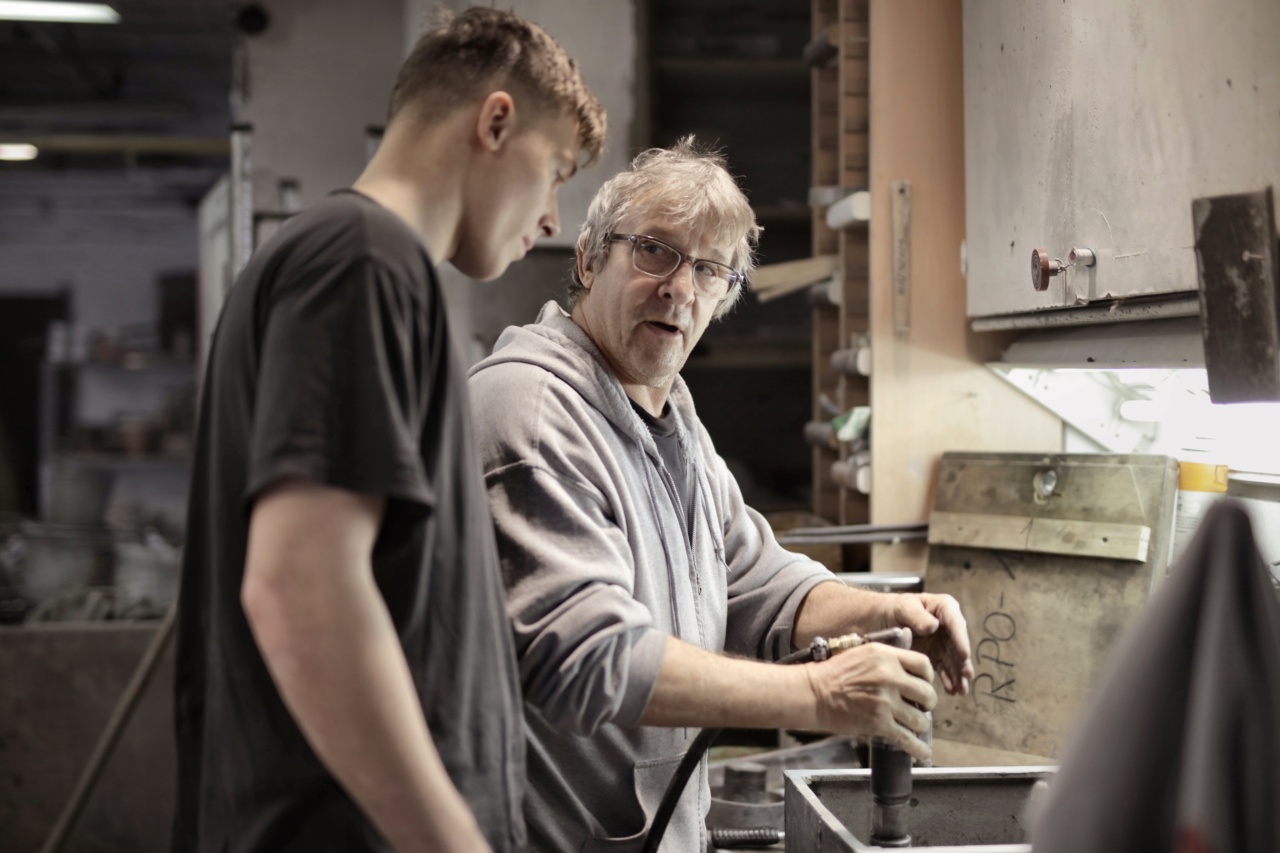As men age, the body goes through various changes, including those that affect the male genitalia. These changes can impact sexual health and function, as well as overall well-being.
Understanding the stages of male genitalia during the aging process can help men and their partners navigate these changes with knowledge and confidence.
1. Development during Puberty
Puberty marks the onset of sexual maturation, during which the male genitalia undergo significant changes. Testicles start to enlarge, pubic hair begins to grow, and the penis increases in length and girth.
This phase sets the foundation for reproductive health and sexual function in adulthood.
2. Prime Years of Adulthood
Typically, during a man’s 20s and 30s, the male genitalia enter their prime years. Sexual function is generally at its peak, with strong erections, ample sperm production, and a healthy sex drive.
These years are often characterized by optimal reproductive health and a sense of sexual vitality.
3. Reduced Testosterone Levels in Midlife
In the late 30s or early 40s, men may start to experience a gradual decline in testosterone levels. This drop, known as andropause or male menopause, can lead to changes in sexual desire, erectile function, and overall energy levels.
The male genitalia may also show signs of reduced elasticity, with slightly less firm erections in some cases.
4. Increased Risk of Erectile Dysfunction
As men move into their 50s and beyond, the risk of erectile dysfunction (ED) tends to increase. ED refers to the consistent inability to achieve or maintain an erection sufficient for satisfactory sexual performance.
Factors such as reduced blood flow, hormonal changes, and underlying health conditions can contribute to this issue. Fortunately, medical treatments and lifestyle adjustments can often help address ED effectively.
5. Changes in Testicles
With advancing age, the testicles may undergo various changes. They may shrink in size, and the production of testosterone and sperm may decline. These changes can impact fertility and libido.
Regular testicular self-examination and routine check-ups with a healthcare provider are essential to monitor any abnormalities or signs of testicular cancer.
6. Prostate Health Concerns
The aging process can also bring about prostate health concerns. The prostate gland, which plays a crucial role in semen production, may enlarge as men get older, leading to a condition called benign prostatic hyperplasia (BPH).
Symptoms of BPH can include urinary difficulties and changes in sexual function. Regular prostate exams are vital to detect any signs of prostate cancer or other prostate-related issues early on.
7. Decreased Sensitivity
Some men may notice a decrease in sensitivity in their genital area as they age. This can affect sexual pleasure and may require exploring different techniques or strategies to enhance stimulation.
Open communication with a partner and trying new approaches can be valuable in maintaining an active and fulfilling sex life.
8. Continence Challenges
Urinary incontinence, or the inability to control urine flow, can become more common in older men. This can have an impact on daily activities as well as sexual confidence.
Incontinence can have various causes, including weakened pelvic floor muscles or underlying conditions. Seeking medical advice and considering targeted exercises and lifestyle changes can help manage these challenges.
9. Mental and Emotional Well-being
The aging process can bring about changes in mental and emotional well-being, which can indirectly affect sexual health. Concerns such as stress, anxiety, depression, or a decline in self-esteem can impact sexual desire and performance.
Seeking support from healthcare professionals, therapists, or support groups can be beneficial in addressing these concerns and enhancing overall well-being.
10. Embracing Aging and Adaptation
The aging process is a natural part of life, and embracing it with a positive mindset is crucial. Accepting the changes happening to the male genitalia and being open to adaptation can help maintain sexual satisfaction and overall quality of life.
Learning about healthy lifestyle choices, staying physically active, and seeking appropriate medical care are essential in navigating the stages of male genitalia during the aging process.






























